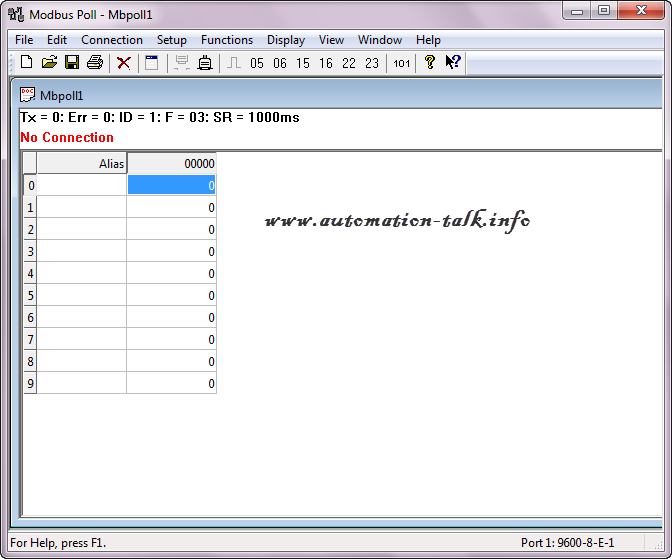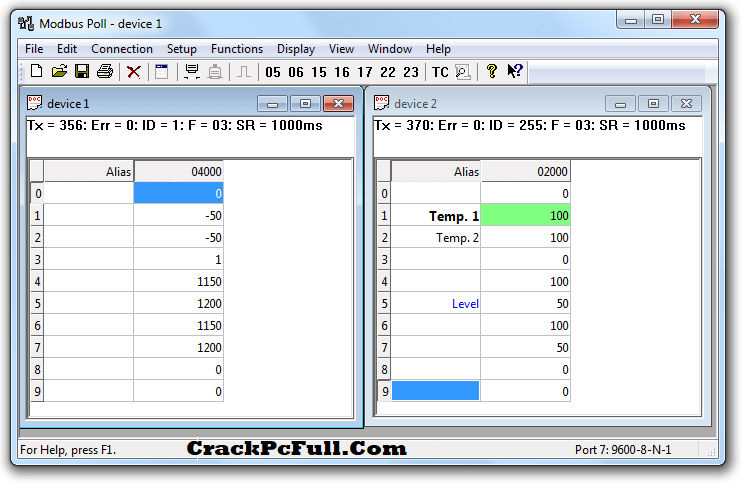

After a register has been polled, your device repeats the process for the next register in the polling queue. If the register indicates a problem (low fuel, high temperature, etc.), then an alarm is set on the RTU to tell you that something is wrong. In essence, the RTU requests a value (a "register") on one of your remote devices. Modbus masters and Modbus-processing RTUs monitor alarms by means of a process called polling. For best results treat us like your engineering department.Your new firmware functions will run on our proven hardware and benefit from our remote-monitoring expertise.DPS can develop custom firmware to meet your very specific technical requirements.Treat DPS Like Your Engineering DepartmentĮven if you don't need to process large amounts of Modbus, remember that: But what DO you need? Remember that we can customize a solution that will directly meet your unique needs. You may not need to process large amounts of Modbus. This helped one of our clients monitor hundreds of registers spread out over several devices while focusing primarily on the few that matter the most. low fuel, high temperature) according to YOUR prioritization.ĭPS recently developed a new way to prioritize the polling of thousands of Modbus registers.

This new interpolated method of polling Modbus registers optimizes data retrieval of important values (ex. New Custom Firmware Feature: Prioritized Modbus Polling


 0 kommentar(er)
0 kommentar(er)
